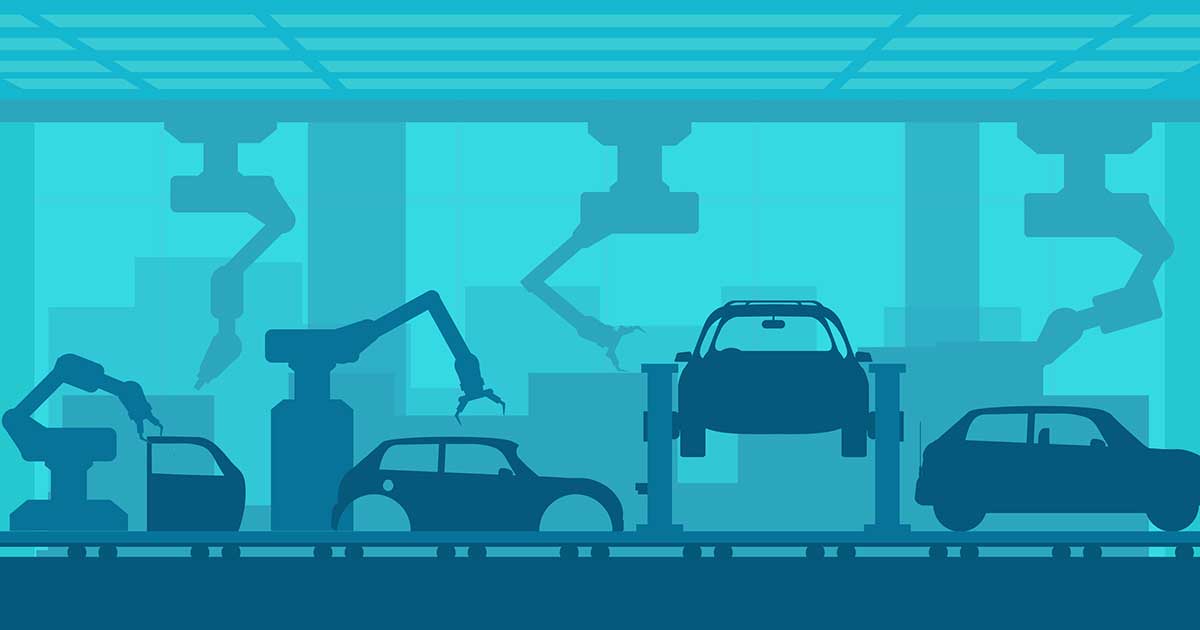The Challenge
Inside most companies, procurement data is still scattered across spreadsheets and emails, and disconnected systems. Each plant or business unit tracks spend differently, making it hard to see what’s really happening, compare suppliers, or move fast on opportunities. Without visibility, high-impact initiatives stall and money gets left on the table.

Arkestro’s Solution
%
Faster time to value
%
Average savings
Arkestro connects every line of spend, document, and bid in one platform, giving procurement teams a complete view of their data and the ability to act on it. This visibility helps enterprises move faster and deliver measurable savings across the business.
Proven Results in Automotive, Manufacturing and Logistics Procurement
Explore how global manufacturers are applying predictive procurement to achieve faster results and measurable impact.
Automotive
Learn how a global automotive manufacturer launched its first event within two days, cut cycle times to four days, and unlocked savings even in categories once considered untouchable.
Logistics
See how enterprises cut freight timelines from months to weeks, reduce cycle times by up to 80%, and save up to 32% across air, land, and sea.
KES
Within 90 days of partnering with Arkestro, Koch Engineered Solutions saw measurable gains in speed, productivity, and hard-dollar cost savings.
How Arkestro Works for Automotive

Document-based event creation
Start from the specs and files your team already uses. Arkestro turns structured and unstructured data into sourcing events in minutes so you can cover more categories and more plants.

Predictive pricing and counteroffers
Arkestro recommends a market-aligned price and shows it to suppliers, nudging them toward better quotes.
Fast time to value
Automotive customers have gone live in five days and seen measurable savings in the first week without replacing ERPs or changing approval chains.
Embedded game theory and supplier feedback
Even in constrained categories, Arkestro creates the perception of competition. Suppliers see where they stand and come back with stronger offers.
Unprecedented ROI
Traditional teams can’t tackle every category. Arkestro’s AI makes it possible, driving up to 18% average savings compared to the industry standard of 3-5%.
Inside the Future of Automotive Procurement
Recorded live at the MEMA annual conference, Arkestro’s Ron Collman sits down with Jason Stein to break down break down how AI is influencing supplier strategy, cycle times, and operational efficiency across the automotive supply chain. Check out this episode of Automotive Insiders.
Ready to see how fast you can move?
We’ll show you how automotive teams are launching events in days, introducing competition in “locked” categories, and capturing double-digit savings on spend.



